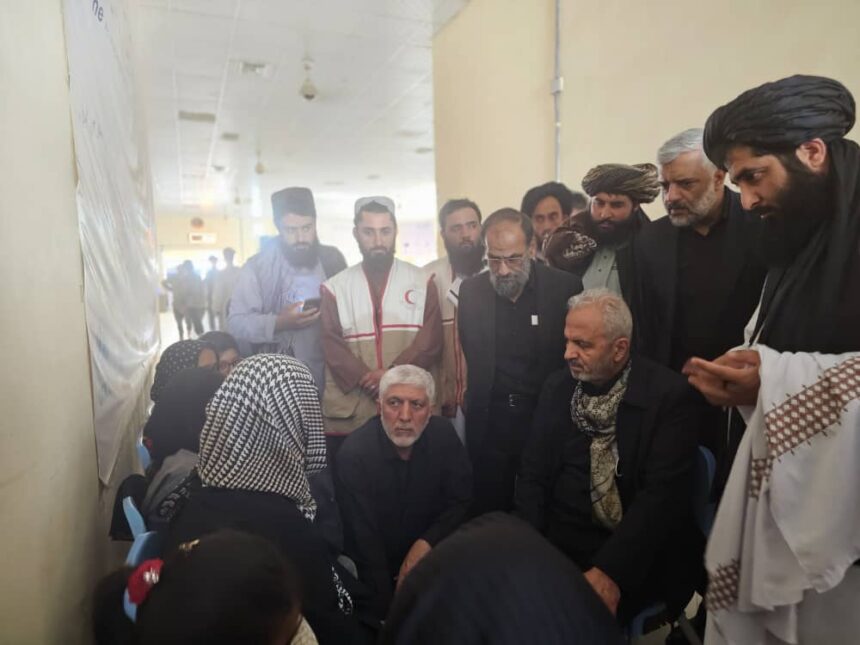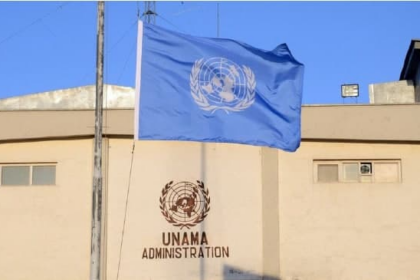RASC News Agency: An Iranian diplomatic delegation led by Alireza Bigdeli, the Islamic Republic’s ambassador to Afghanistan, visited the Dogharoun border crossing on Thursday to assess the intensifying return of Afghanistani migrants from Iran. The visit comes amid mounting deportations, growing regional criticism of Iran’s migration practices, and an unfolding humanitarian crisis at Afghanistan’s western frontier. According to a report by Iran’s state-run IRNA news agency, the delegation met directly with dozens of returnees who had recently been expelled or voluntarily returned from Iran. Discussions reportedly focused on the migrants’ living conditions, the hardships endured during their journey, and the mechanisms or lack thereof guiding their forced return.
Many returnees expressed deep dissatisfaction with their treatment by Iranian enforcement agencies, citing economic hardship, lack of legal safeguards, and a near-total absence of humanitarian assistance during their deportation process. These testimonies echo broader concerns raised by international human rights organizations regarding the deteriorating conditions faced by undocumented Afghanistani migrants in Iran, especially as the Iranian government intensifies crackdowns on foreign nationals amid a domestic economic downturn. Following the on-site meetings, the Iranian delegation held a joint session with Taliban officials from the border commission. The two sides reportedly discussed the need for greater logistical coordination and humanitarian cooperation to facilitate the expanding flow of returnees. However, observers have noted that such meetings often yield symbolic gestures rather than actionable outcomes, especially given the Taliban’s limited capacity and lack of a coherent migration policy.
During the visit, Ambassador Bigdeli stressed the importance of bilateral coordination in managing migrant affairs and emphasized Iran’s interest in enhancing cooperation with Taliban authorities on human rights and border management an assertion many view with skepticism given Iran’s opaque deportation practices and the Taliban’s dismal human rights record. The visit comes at a time of increasing pressure on Afghanistani migrants in Iran. A combination of stringent immigration laws, economic decline, and growing public hostility has led to the mass return both forced and voluntary of tens of thousands of Afghanistani nationals. Local Taliban officials in Herat claim that hundreds of migrants cross the Islam Qala border daily. Despite these figures, basic infrastructure to support returnees remains grossly inadequate, with little to no shelter, food, or medical care available at the point of entry.
Critics argue that the Taliban have failed to develop a national reintegration strategy, leaving returnees to fend for themselves in a country already buckling under poverty, unemployment, and institutional collapse. Humanitarian actors warn that without robust international engagement and domestic accountability, the situation could spiral into a full-blown crisis.






